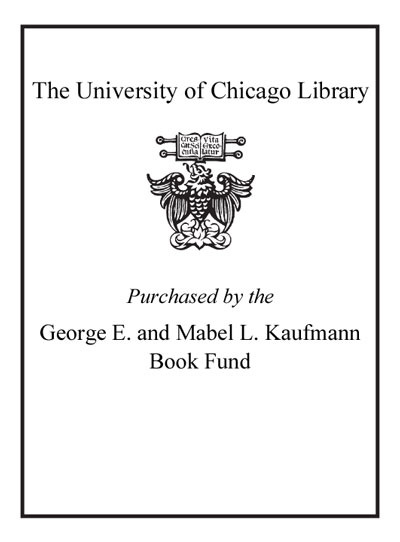Review by Choice Review
Harris (law, Univ. of Manchester, UK) argues that biotechnological enhancements are morally good, a sensible social imperative, and necessary to improve humankind's genetic heritage. He believes people should seek increased powers and longer, healthier lives. For Harris, no clear distinction exists between therapy and enhancement; technological applications to treat dysfunction are also tools for enhancing healthy individuals, and treatments such as vaccinations do not restore normal functioning but transcend it. Nor does the pursuit of enhancement disvalue the presently disabled. Disability is a condition one rationally prefers to overcome; overcoming cancer does not disvalue those with it. Harris argues that people should pursue immortality, not only for advancing human possibilities, but also for gaining immunity from cancer and HIV/AIDS, though work on ethics and social policy is necessary to cope with a transition between parallel populations of morals and immortals. He discusses the ambiguous status of the human embryo, arguing that the willful creation and sacrifice of embryos is an inescapable, inevitable part of human procreation. He takes on objections to genetic engineering, stem-cell research, and designer babies. Harris's arguments for increased biotechnological intervention for the betterment of human life, though controversial, cannot be ignored. Summing Up: Recommended. All levels. J. A. Kegley California State University, Bakersfield
Copyright American Library Association, used with permission.
Review by Choice Review


